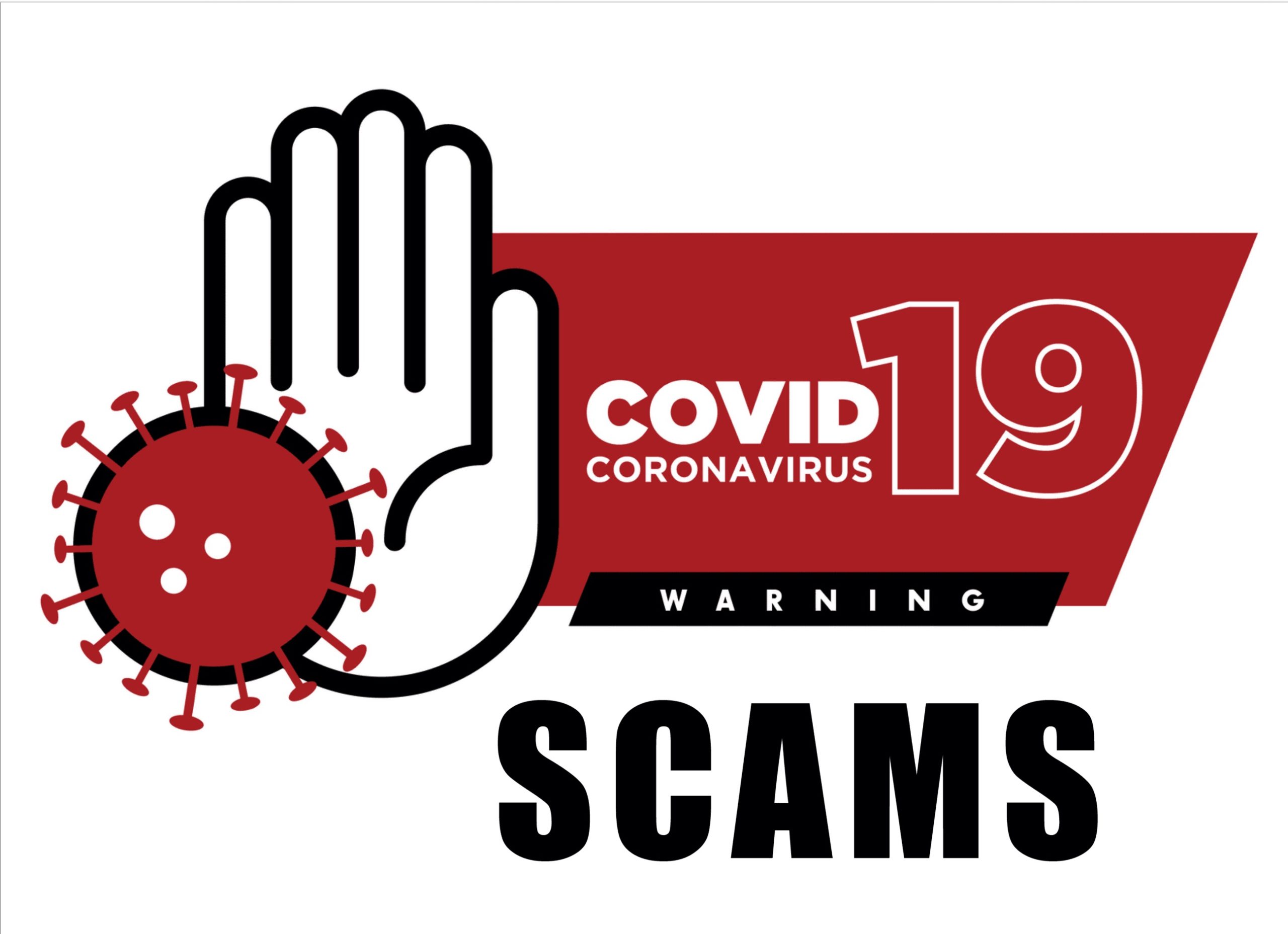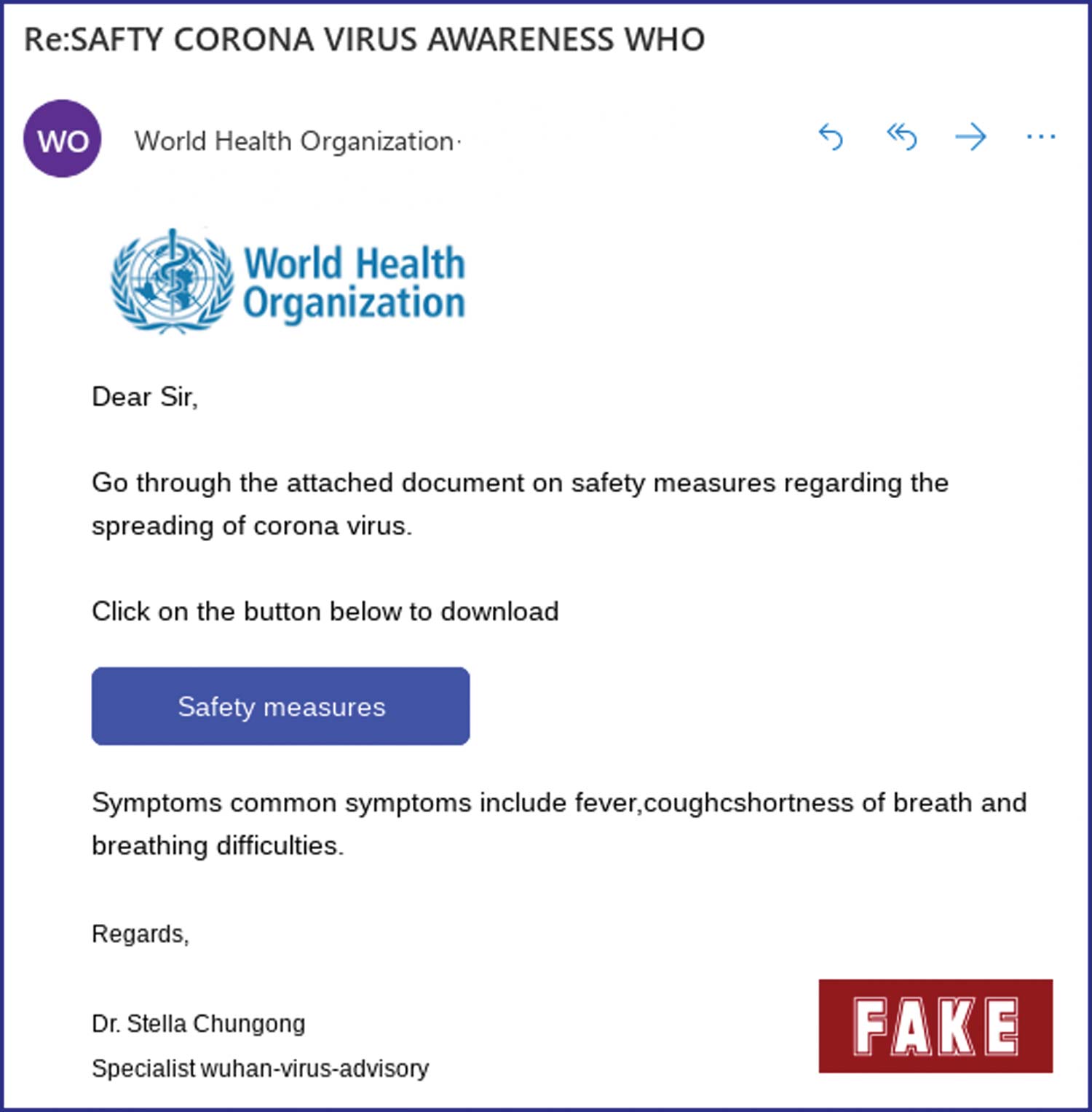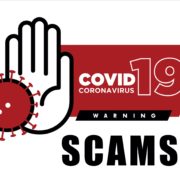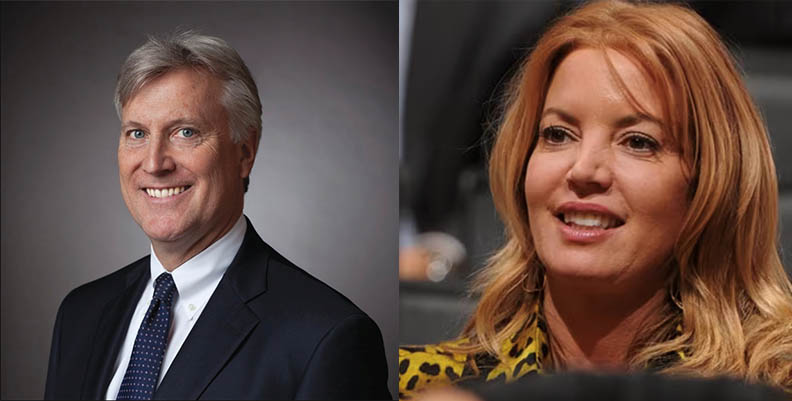
Panic-buying, school closures and, of course, contracting the novel coronavirus itself are not the only things to watch out for as the COVID-19 pandemic rages on in the United States.
According to separate warnings from the Federal Communications Commission (FCC) and the Food and Drug Administration (FDA), the public ought to watch out for scammers trying to capitalize on the global pandemic through fake at-home tests, remedies and services.
“We want to alert the American public that, at this time, the FDA has not authorized any test that is available to purchase for testing yourself at home for COVID-19,” Stephen M. Hahn, commissioner of Food and Drugs at the FDA, and Judith A. McMeekin, FDA associate commissioner for Regulatory Affairs, wrote in a statement.
“Fraudulent health claims, tests, and products can pose serious health risks. They may keep some patients from seeking care or delay necessary medical treatment,” the FDA officials said.
Mirroring the FDA, the FCC issued its own advisory warning consumers of robocalls or text messages related to the coronavirus pandemic, providing a newly-launched COVID-19 Consumer Warnings and Safety Tips resource.
Some of the scams that folks should be aware of include fake cures of the virus and other wellness-related falsities, fake test kits and other COVID-19-related messages, often masquerading as government or health officials.
The FCC also provided sample audio of real scams to showcase what to look out for; in addition to the aforementioned “free home testing kits,” also being flogged by these scammers include a $79 HVAC cleaning service that claims to “do a full air duct cleaning and sanitation to make sure that the air you breathe is free of bacteria.”
They also noted that people with diabetes and on insulin are being targeted with a fake “free diabetic monitor and a complimentary testing kit for coronavirus.”
“We’re tracking scams and sharing information to arm consumers about how imposters use spoofing and other tactics to steal their money and their identity,” said Patrick Webre, FCC’s chief of Consumer and Governmental Affairs Bureau. “The FCC fights these types of scams through enforcement of its rules, but our primary goal is to be proactive so Americans don’t fall victim to these bad actors.”

Any global phenomenon, good or bad, is almost always susceptible to conning by way of preying on unassuming people for financial gain. During a global pandemic, where people are fighting for their lives, that practice of tricking a vulnerable public escalates, especially within the controversial health and wellness sphere.
As previously reported in the Asian Journal, social media has allowed for a number of fraudulent coronavirus cures and preventative measures, such as drinking vast amounts of water and eating garlic cloves to proliferate.
But more egregiously, companies and top figures in the wellness world have used the opportunity to hawk products and unfounded homeopathic methods that are marketed as a cure for the virus, products and methods not supported by credible global health organizations like the World Health Organization (WHO).
Most recently, the controversial televangelist and previously convicted fraudster Jim Bakker was caught promoting a dubious coronavirus treatment called Silver Solution, a product that allegedly contains “nano-silver” which Bakker claimed on his television show is a possible cure for the COVID-19 virus.
In response, the State of Missouri announced a lawsuit against Bakker for irresponsibly inflating the healing capacity of his treatment, which he is selling on his website.
Though Bakker is the only person so far facing legal action against his unproven coronavirus treatment, other influential names have been caught flogging unsubstantiated cures.
Beni Johnson, another influential pastor of the Bethel Church in Redding, California, on his Instagram recommended oil of oregano as protection against the virus.
Earlier this month, beauty influencer Michelle Phan promoted “antiviral essential oils” as a COVID-19 treatment to her 2 million followers on Instagram and 900,000 followers on Twitter.
Both the FDA and FTC recommended the public to follow instructions from the WHO and the Centers for Disease Control and Prevention (CDC) before purchasing purported test kits or alleged COVID-19 remedies. Potential scams can also be reported on the FTC website.







